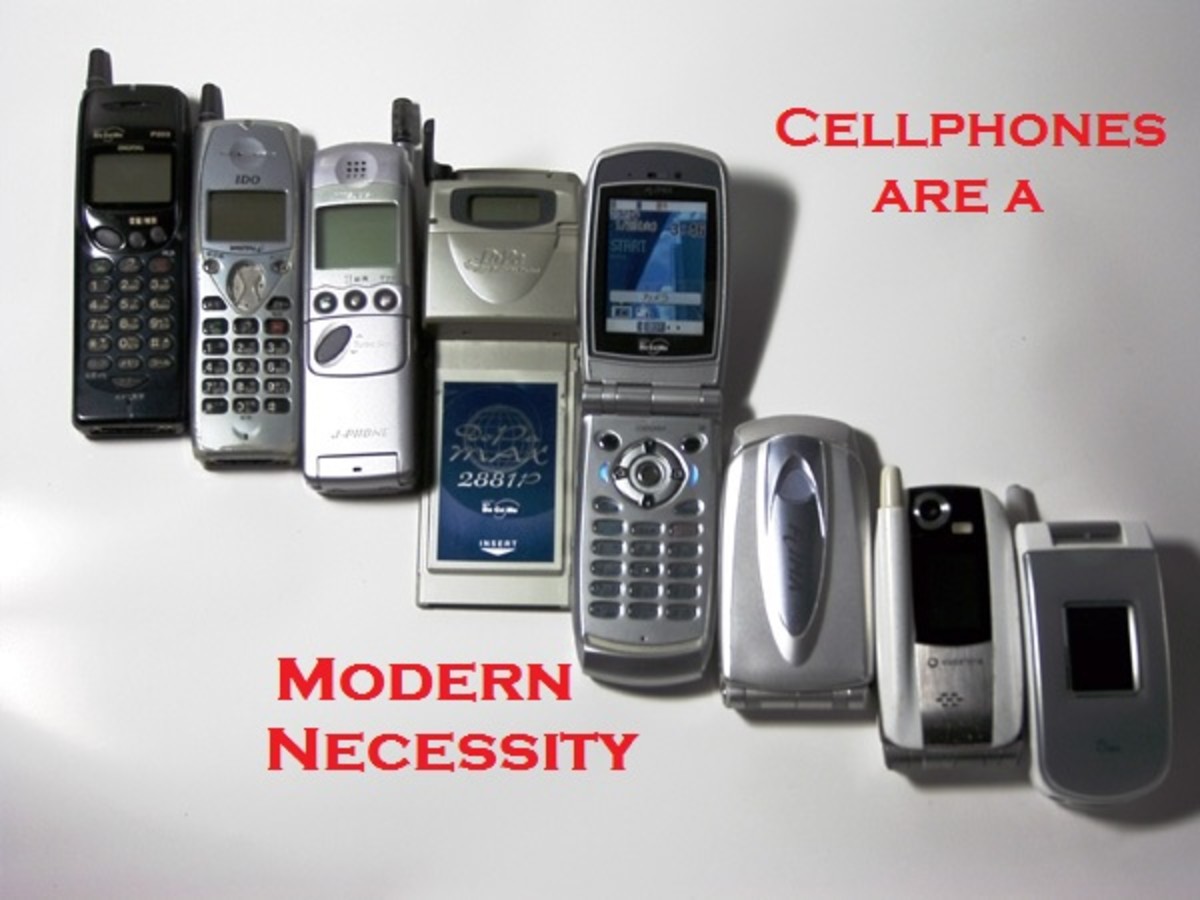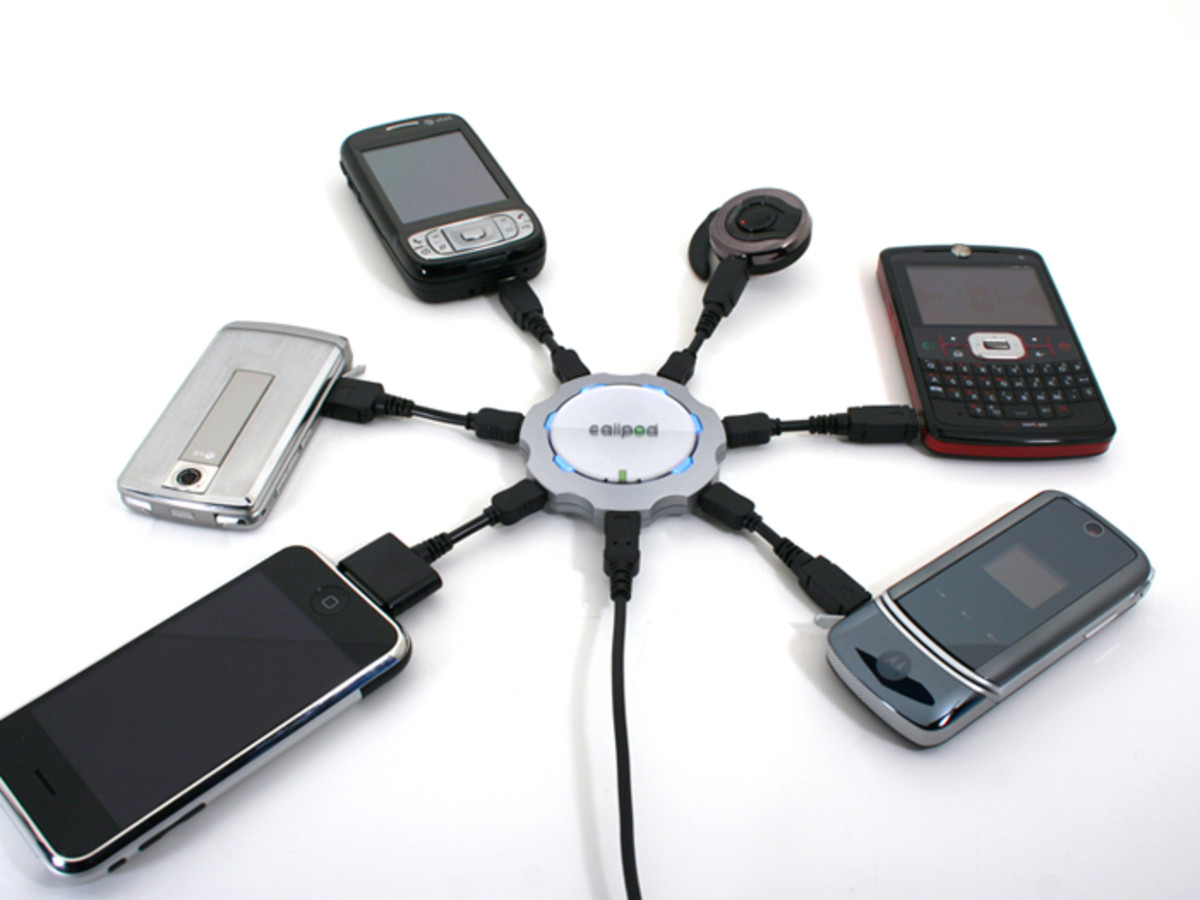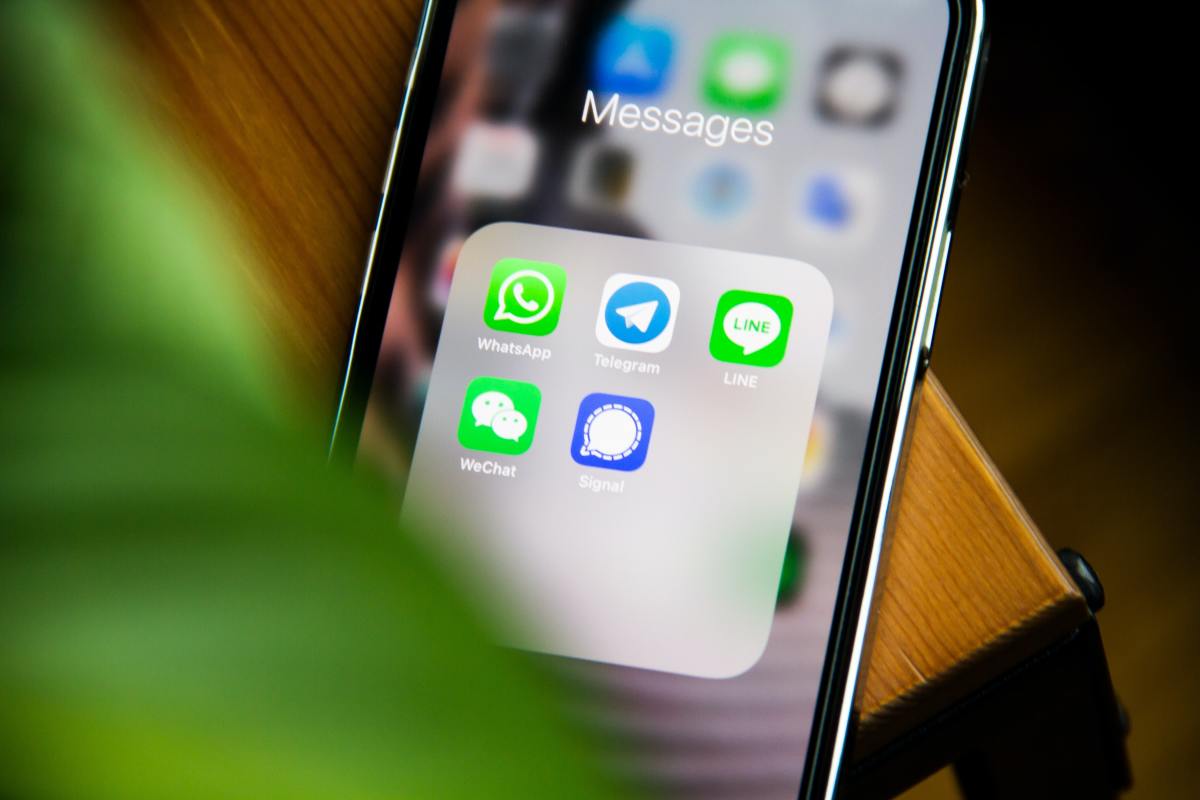How to Pick the Best Phone – Locked vs Unlocked
In many parts of the world, the cellphones used will work with any cellphone company in the country. However, in come countries such as the United States, there is a second group of cellphones that are also available to the public.
If you sign up with a cellphone company, you will often be provided with the opportunity to buy a phone at a price that's much lower than what it normally retails for. It is even possible that you will get a phone for free under the condition that you sign a long-term contract with the company.
The chance to get a high-end smartphone for free or at a low price is often the reason why some people commit to a contract with a phone company. However, there are several reasons why this may not be such a good thing.
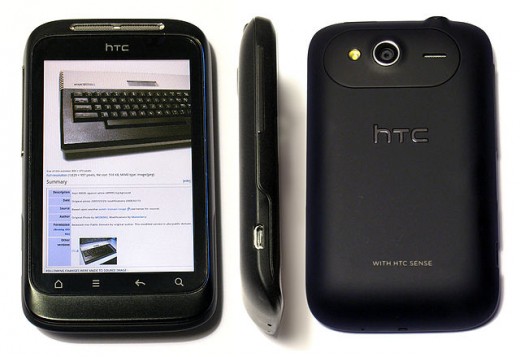
What are locked and unlocked phones?
The phones supplied by a cellphone provider to their customers are usually locked, which means that the phone can only be used with that company. The phone will not work if you try to switch service to another company. That's usually true with both prepaid and postpaid customers.
On the opposite side are unlocked phones, which do not have these restrictions and can be used with any cellphone company. Cellphone companies usually do not sell these phones themselves, you have to buy them on your own from a third party.
The reason phones companies lock their phones is because the phone is either free or came with a huge discount. That's okay as long as you continue to use their service. If you go somewhere else, then they're not making any money and the discounted or free phone will cause them to lose money.
To discourage you from leaving, the phone they give you will only work with the service that they provide. Note that locked phones can often be unlocked. Some cellphone companies may do it for you, provided you've been a good customer for a certain amount of time.
If they refuse, you may want to try a third party who may be able to unlock the phone. However, this is more risky and you run the risk that they don't do it properly and damage the phone. That is not the case with the original cellphone company.
What are the advantages of a locked phone?
The biggest advantage with locked phones is that they're more affordable initially to the consumer. Locked phones are usually provided free or at low cost to entice people to sign a contract with a phone company.
Once signed, the company is ensured a steady income for the duration of the contract which is highly valued by companies. For companies, steady and stable income is much better than unstable income that tends to fluctuate all the time.
The consumer benefits because they're able to get a much better phone than would have been possible if they had to pay the full price right away. There's no need to have any or a lot of money beforehand. The company will basically lent you the money and you pay them back as you continue to use their service.
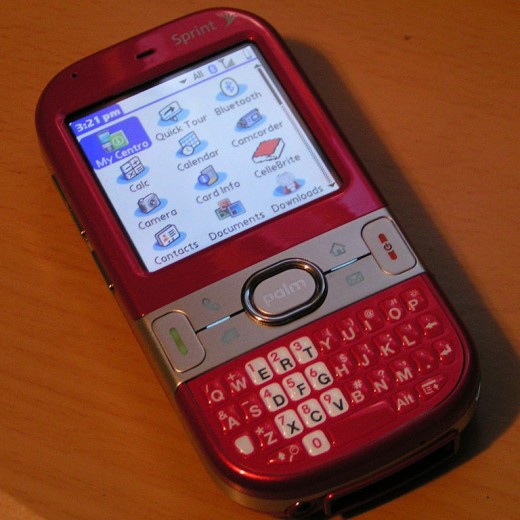
What are the disadvantages of locked phones?
With locked phones, cellphone companies run the risk that people manage to unlock the phones on their own and switch service. If that happens a lot, companies can lose a lot of money on phones that are not being used on their own, but on another network from a rival cellphone company.
From the standpoint of the consumer, locked phones can be cheaper in the short run, but more expensive in the long run. Since you're often on a contract, you're stuck with a cellphone company for the duration of the contract with any potential problems that come with it.
That means you can't easily take advantage of cheaper alternatives when they become available. Companies don't have to worry too much about keeping you satisfied with good customer service and so on because they know that you cannot easily switch to a rival company.
What are the advantages of unlocked phones?
The chief benefit of unlocked phones is freedom. Since switching phone companies is as easy as swapping sim cards, you can easily move around to take advantage of the best deals and promotions available which in turn can help you save money.
That is why some people will decline to use a locked phone, but will instead get their own unlocked cellphone from somewhere else. In the long run, unlocked phones can help you save money, although you will have to spend more in the short run.
If you find that a cellphone company is too expensive, has bad signal reception for cellphones, poor customer service, charges excessive fees or has any other problems, you don't have to put up with it. You can quickly do something about it by going to another company with no one to stop you because you have an unlocked cellphone.
What are the disadvantages of unlocked phones?
The primary disadvantage of locked phones is that they're more expensive to purchase. In addition, since unlocked phones are usually not provided by cellphone companies, you will have to deal with a third party when it comes to issues such as warranty, network compatibility, after-sales service and so on.
With locked phones, the cellphone company will take care of everything if something goes wrong. They will make sure that you can use whatever phone you chose with their network. That is not the case with unlocked phones. You are on your own and have to deal with the extra hassle that comes with unlocked phones.
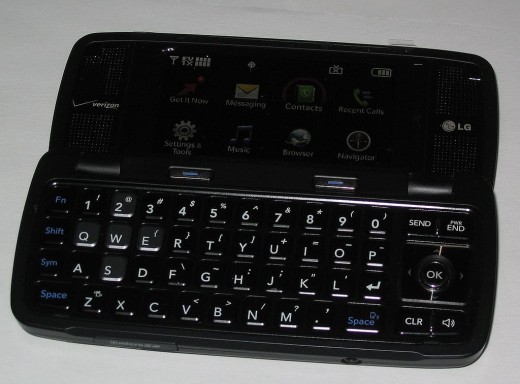
Should you get a locked or unlocked phone?
Generally speaking, most people are probably better off by going with unlocked phones as their first option. If you have the money available, consider going for an unlocked phone, especially if you're not familiar with your cellphone provider.
However, there are exceptions where it's better to go for locked phones. For instance, if you're short on cash for the foreseeable future, you should probably stick to using locked phones if you cannot afford the extra expense of unlocked phones.
If you can find an excellent deal during a promotion, know the company has very good customer service, are a long-time customer of the cellphone company and basically know what to expect, you may consider going for a locked phone with the company.
If you're new to cellphones, especially smartphones, and not technically proficient, you may want to choose locked cellphones from the cellphone company. They can provide you with better support to help you fix problems that you cannot easily find anywhere else.
Basically, you should carefully weigh the pros and cons of locked and unlocked phones. Only after doing that should you decide for yourself what to do. Every person's circumstances are different and only you can know what's best for you.



